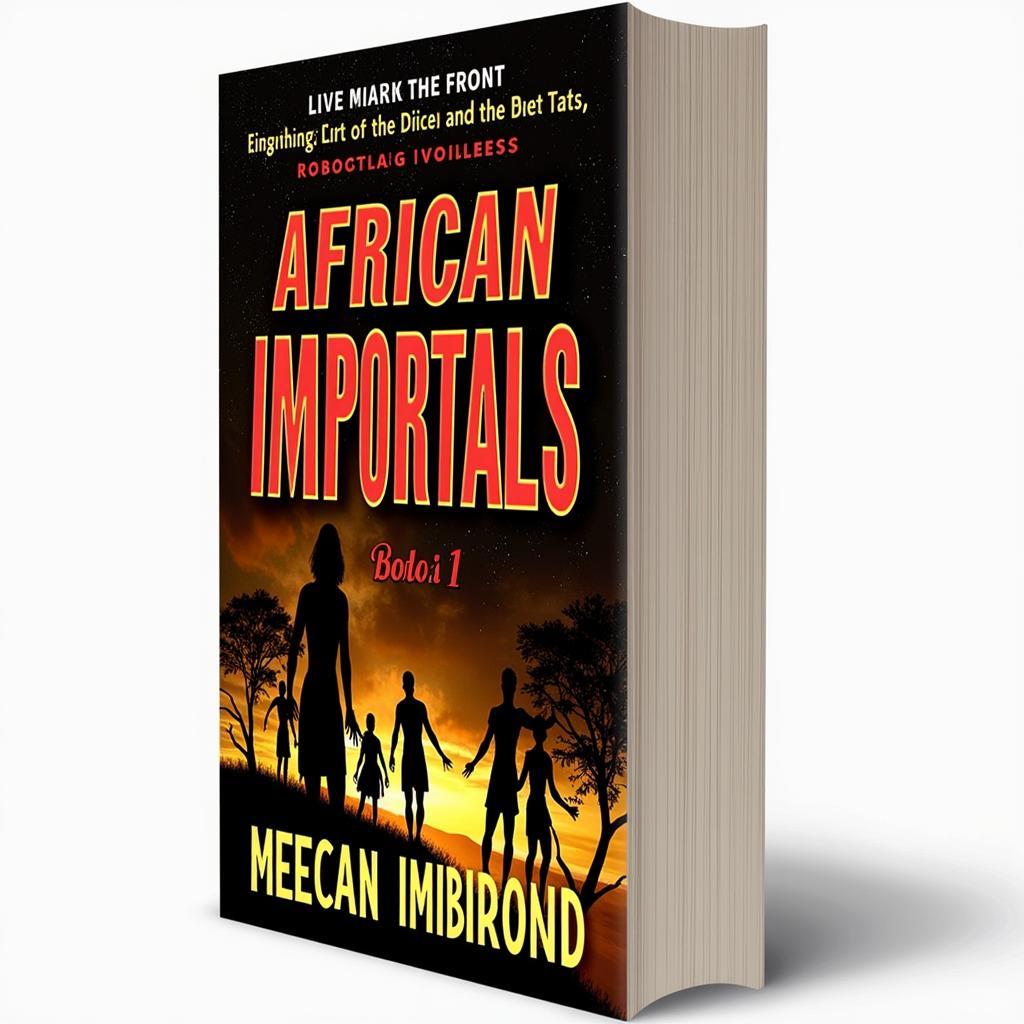Who Was the Leader of the African National Congress?
The African National Congress (ANC), a towering figure in the fight against apartheid in South Africa, has a rich history of leadership. When people ask “Who was the leader of the African National Congress?”, they often think of Nelson Mandela, the iconic face of the struggle. However, the ANC saw many influential figures at its helm, each contributing to the movement’s evolution.
To understand the ANC’s leadership, we need to journey through its timeline. Founded in 1912 as the South African Native National Congress (SANNC), its first president was John Dube. His leadership emphasized education and peaceful resistance against discriminatory laws.
Over the decades, the ANC saw leaders like Sol Plaatje and Walter Rubusana who championed rights for Black South Africans through petitions and delegations to the British government. However, the rise of apartheid in 1948 brought a new urgency.
The 1950s witnessed the rise of Albert Luthuli, a Nobel Peace Prize laureate known for his commitment to non-violent resistance. His leadership during the Defiance Campaign against unjust laws cemented the ANC’s role as a mass movement.
In the 1960s, the struggle intensified, leading to the banning of the ANC and the formation of its armed wing, Umkhonto we Sizwe. Nelson Mandela, along with Oliver Tambo and Walter Sisulu, emerged as key figures during this period. They advocated for armed resistance against the apartheid regime, leading to their imprisonment.
While Mandela, Sisulu, and others were incarcerated, Oliver Tambo led the ANC in exile. He was instrumental in garnering international support for the anti-apartheid movement, lobbying governments and organizations to isolate the South African regime.
The release of Nelson Mandela in 1990 marked a turning point. His leadership, alongside other prominent figures like Walter Sisulu and Govan Mbeki, was crucial in the negotiations that ended apartheid. Mandela’s presidency from 1994 to 1999 symbolized a new era of democracy for South Africa.
After Mandela, Thabo Mbeki took over the reins, followed by Kgalema Motlanthe, Jacob Zuma, and the current president, Cyril Ramaphosa. Each leader has grappled with the challenges of post-apartheid South Africa, including social and economic inequality.
The leadership of the African National Congress, though often symbolized by a single individual, has always been a tapestry of dedication, sacrifice, and vision. From the early days of peaceful resistance to the armed struggle and the dawn of democracy, the ANC’s leaders have left an undeniable mark on South Africa’s history.

